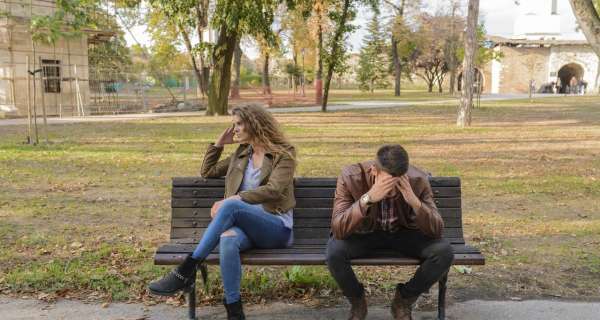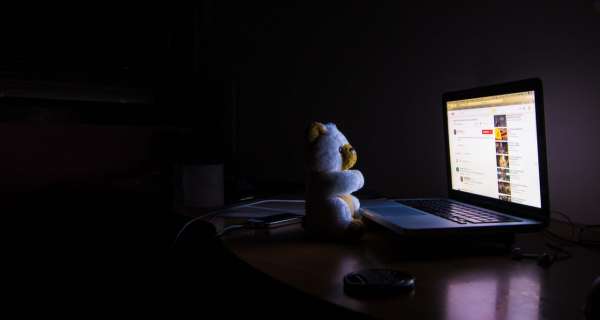What happens in a Therapy Session?
Do you know what to expect when you schedule an appointment with a therapist? Many people are unsure about something. Are you willing to just talk? Will you be forced to talk about your childhood? Will you allow yourself to be "hypnotized?" And what is the point of seeing a therapist in the first place? Why don't you just call a friend?
In contemporary society, there is a lot of misunderstanding regarding what happens during a therapy session, what challenges and problems are appropriate for therapy, and what benefits a therapy session can give. I'd want to address a few common misconceptions—and questions—about what therapy is, what it isn't, and how it actually works.
In Your First Session
To get a feel of what you're dealing with and why you've chosen them, your therapist will ask you questions during your first session. There is a good chance you'll talk about your background (e.g., family background, traumatic experiences) as well as how and for how long your symptoms or feelings have been present in the present day. A lot of your conversations are going to revolve around how you're feeling and what you're going through right now. Most significantly, you'll start to feel a connection with your therapist in that first session.












